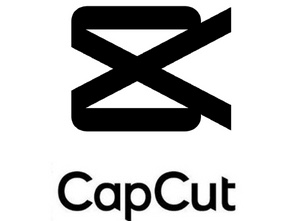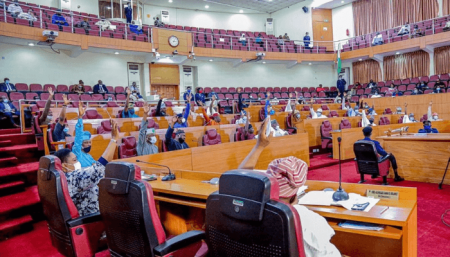CapCut, the ubiquitous video editing application favored by Nigerian skit makers, TikTok influencers, and online content creators, has implemented a significant update to its Terms of Service, raising concerns about user content ownership and control. The June 12, 2025, update grants CapCut, owned by ByteDance, the parent company of TikTok, sweeping rights to user-uploaded content, including videos, photos, and audio. This effectively gives CapCut a perpetual, worldwide license to utilize user content in any manner it deems fit, including modification, adaptation, reproduction, distribution, and public display, without requiring permission or providing compensation. Furthermore, the updated terms permit CapCut to sublicense this content, meaning they can authorize third parties to use user-generated material. This broad license raises significant questions about the future ownership and control of content created and shared on the platform.
The updated Terms of Service also stipulate that all user content is considered non-confidential. This effectively eliminates any expectation of privacy for materials uploaded to CapCut, explicitly stating that the company is not obligated to protect the confidentiality of user content. While CapCut cautions users against uploading sensitive or personal information, the terms clearly indicate that the company bears no responsibility for maintaining the privacy of such material, should users choose to upload it. This lack of privacy protection should serve as a significant consideration for users who utilize the platform for sharing personal or sensitive content.
The implications for users incorporating music or audio into their CapCut creations are particularly noteworthy. The updated terms emphasize that users must possess full rights to any music or beats used in their videos. Specifically, users who only own the rights to a sound recording but not the underlying musical work are prohibited from uploading such content unless they secure the necessary permissions. This stipulation places a significant onus on users to verify their ownership rights and obtain any required permissions before utilizing musical content in their videos, potentially limiting the use of popular music tracks in user-generated content.
For content creators who derive income or build their brand around their CapCut creations, the implications of these updated terms are particularly profound. The new terms effectively waive users’ moral rights, meaning they relinquish the right to object to how their content is used, even if they believe it misrepresents them or their work. Furthermore, the terms explicitly state that users waive any rights to prior inspection or approval of marketing materials related to their content, meaning CapCut can use user-generated content in promotional campaigns without seeking permission. This loss of control over the context in which their content is used could potentially damage the reputation and brand of creators who rely on CapCut for their livelihood.
The updated terms also establish CapCut’s immunity from liability in cases of copyright infringement. If a user uploads content that infringes on another party’s copyright, the user, not CapCut, bears the legal responsibility. This indemnity clause places the burden of copyright compliance squarely on the user, leaving them vulnerable to legal action in cases of infringement. Combined with the broad license granted to CapCut, this provision further emphasizes the need for users to exercise caution and diligently ensure the legality of all uploaded content.
Finally, CapCut reserves the right to remove user content at its discretion, without prior notice or explanation, and without any liability to the user. This provision grants CapCut absolute control over the availability of user content on the platform. Given the reliance of many Nigerian creators on CapCut for their income and online presence, the possibility of content removal without warning presents a significant risk. Users are strongly advised to maintain backups of their work outside of the CapCut platform to mitigate this risk.
In conclusion, the updated Terms of Service represent a significant shift in the dynamics of content ownership and control on the CapCut platform. Users are essentially granting CapCut a perpetual, worldwide license to utilize their content, relinquishing control over its usage and distribution. The non-confidential nature of uploaded content, coupled with the onus on users for copyright compliance and the potential for content removal without notice, underscores the importance of carefully reviewing the updated terms before continuing to use the platform. Creators, in particular, should consider the implications of these changes on their livelihood and brand, and take necessary steps to protect their intellectual property. The advice to back up content outside of the platform is crucial, ensuring that users retain a copy of their work regardless of CapCut’s actions. The updated Terms of Service represent a shift in the power dynamic between platform and user, emphasizing the need for informed consent and proactive content management.













